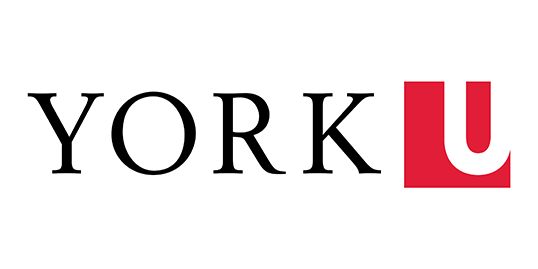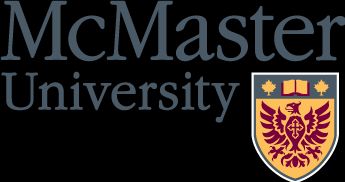
26th Nursing Network on Violence Against Women International Conference
OCTOBER 6th Plenary: Dr. Colleen Varcoe, RN, PhD, FCAHS, FCAN
Professor Emeritus, University of British Columbia School of Nursing
OCTOBER 7th Plenary: Dr. Lori Heise, PhD
Founder and Co-Director, Prevention Collaborative

OCTOBER 6th Preconference (0900 - 1200h)
Presenters: Jacquelyn Campbell, Michelle Patch

OCTOBER 6th Preconference (1300-1600h)
Presenters: Alisa Velonis, Patricia O’Campo, Nicholas Metheny




Location
Pillar and Post Inn and Conference Center
48 John St W Niagara-on-the-Lake, Ontario Canada, L0S 1J0
Dates
Registration period:
April 11, 2025 - 12:00 AM EDT - October 6, 2025 - 11:59 PM EDT
Contact us
If you have any questions, please contact conference@nnvawi.org